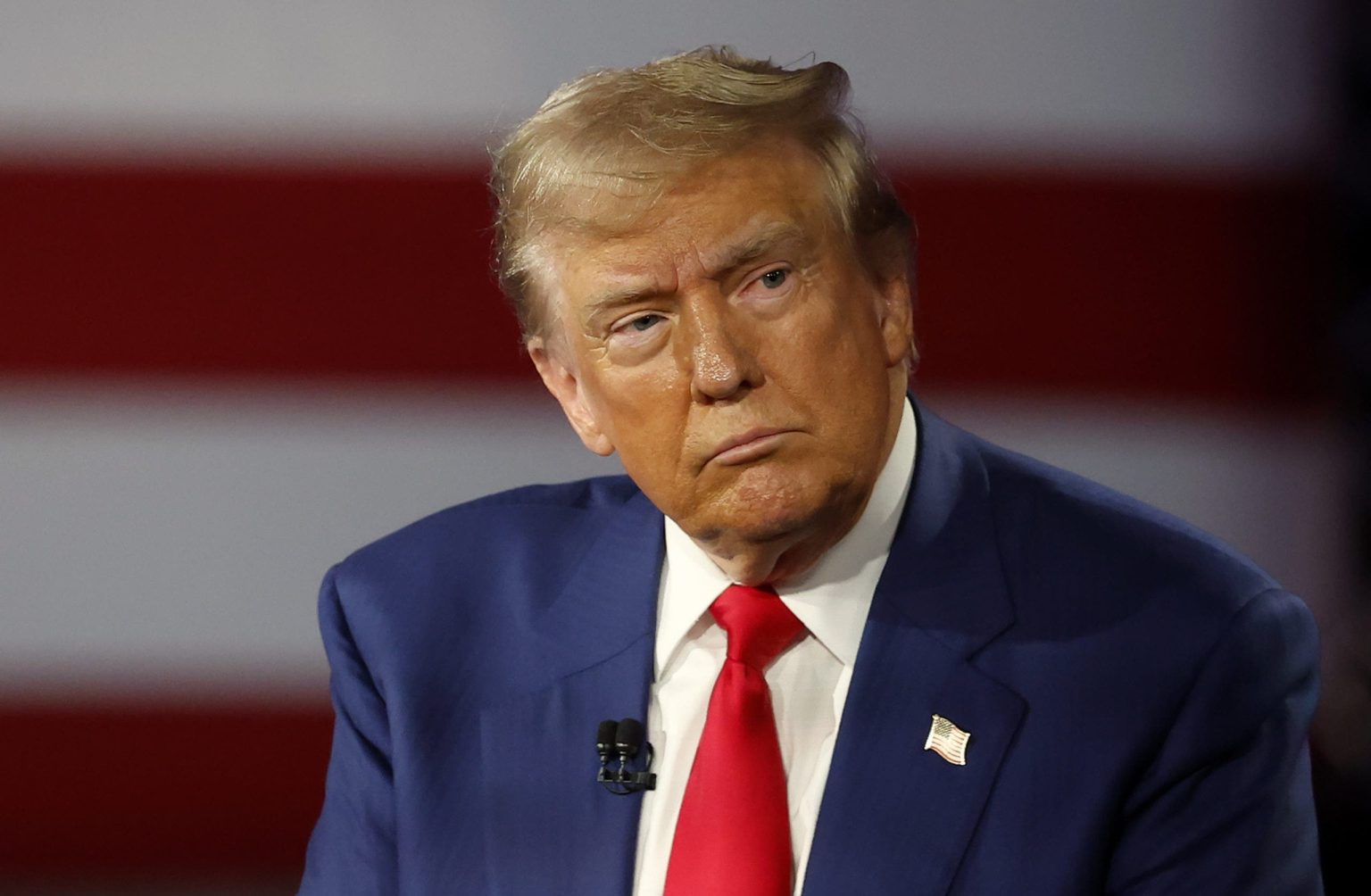Several world leaders have reacted to the second assassination attempt on former President Donald Trump, with some expressing concern over political violence and condemning the attack. While leaders from top U.S. allied nations like Australia, Canada, Italy, Germany, and France had not publicly condemned the incident, British Prime Minister Keir Starmer and Israeli Prime Minister Benjamin Netanyahu shared their reactions. Hungarian Prime Minister Viktor Orbán also expressed his support for Trump, highlighting the danger to the former president’s life and the need for security measures to prevent such attacks in the future.
The motives of the alleged assailant, 58-year-old Ryan Wesley Routh, remain unclear, but some media outlets have pointed to his alleged support for Ukraine. Reports suggested that Routh may have been involved in recruiting for Kyiv’s war effort through the International Legion Defense of Ukraine, although Ukrainian officials denied these claims. Ukrainian President Volodymyr Zelenskyy emphasized the importance of the rule of law and condemned political violence, expressing relief that Trump was unharmed following the assassination attempt. Meanwhile, Russian President Vladimir Putin did not publicly comment on the incident, but his spokesperson Dmitry Peskov suggested a link between the attacker’s support for Ukraine and the attack on Trump.
The FBI has not released details about Routh’s motives, but there are concerns about the potential use of the assassination attempt to spread conspiracy theories and misinformation. Ukrainian officials warned that Russia may exploit the incident to create false narratives about Ukrainian involvement in the attack on Trump. Andriy Kovalenko, head of Ukraine’s Center for Countering Disinformation, noted that the Kremlin could use the assassination attempt as a propaganda tool to discredit Ukraine and promote conspiracy theories. Despite these challenges, efforts are being made to counter misinformation and uphold the principles of the rule of law and political stability in the region.
The lack of a clear response from some world leaders underscores the complexity of international relations and the challenges of addressing political violence in a global context. While some leaders have spoken out against the assassination attempt on Trump, others have remained silent or have not publicly condemned the incident. The differing reactions reflect the broader geopolitical tensions and competing interests that shape international politics, highlighting the need for consistent and principled responses to acts of violence and instability. Moving forward, efforts to promote transparency, accountability, and cooperation among nations will be essential in addressing the root causes of political violence and preventing future attacks on world leaders.
In the aftermath of the second assassination attempt on Trump, calls for unity, diplomacy, and international cooperation have emerged as key themes in responding to political violence and safeguarding democratic norms. Leaders from various countries have emphasized the importance of upholding the rule of law, preventing the spread of disinformation, and promoting peace and stability in the face of escalating tensions. By addressing the root causes of extremism, violence, and political unrest, governments can work together to build a safer, more secure world for all citizens. The challenge now is to translate these principles into tangible actions that promote dialogue, understanding, and respect among nations, while countering divisive narratives and safeguarding the rights and freedoms of all individuals.


